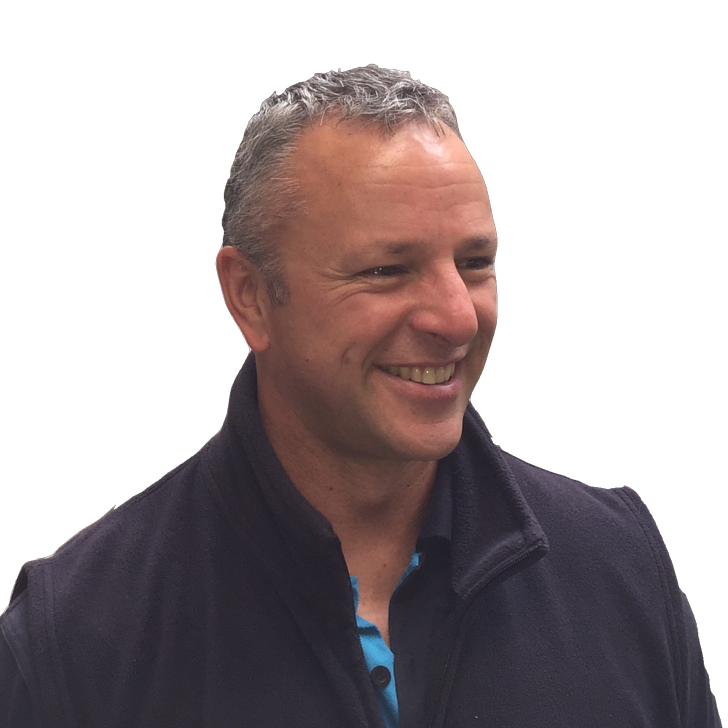Tips for Keeping Healthy When Life is Getting Hectic

Every now and then most of us face a time in our life, usually more than once, maybe more than once a year, where the obligations and commitments we have just catch up with us. We might have over-promised, we might be expected to over-deliver, we might be juggling multiple obligations or dealing with repeatedly complex problems. We might be extraordinarily time poor with not enough hours in the day to do what we want to, when we need to, and take care of ourselves at the same time. The universal thread that combines all of these together is fatigue. We become tired earlier in the day, we become more irritable more easily than we used to, we lack the energy we used to have and we feel like we’re working on someone else’s best day and not our own. In short we’re a bit frazzled and know we need to either have a break or re-think how we are doing things in order to keep our head above water.
At times like this it’s useful to take a little time out to recharge our batteries, manage our day a little better, and re-prioritise the time we spend on others urgent needs compared to the important needs of our own. After all, if we take care of ourselves we are in a much better position to take care of others, both personally and professionally. Here are seven tips when we need to self-manage, re-charge, and maintain our energy despite not being able to take a break even if we really want to. None of them are complicated and none of them are new. But when we are hectic we tend to forget about these basic strategies for self-management amidst the busyness of our life, and we simply do not give ourselves permission to do them. Stick with them and commit to them and they’re tips that will change our lives, for the better.
1. Go to bed earlier. Just aim for getting to bed an hour sooner than normal. Improved sleep hygiene is critical to allowing us to sleep best, uninterrupted and with better quality deep sleep. Occasionally we stay up late for work and while that is essential sometimes most of the time that’s just bad planning or a lifestyle choice. Wat we need to be cognizant of s the consequence of that choice. Most of us stay up late because in a busy day we lack time to ourselves and late nights provide us that self-time but at the cost of seep. Improved sleep means improved cellular recovery, better energy levels, and better productivity. No electronic devices an hour or two before bed – let your brain switch off. Go old-fashioned – read a book.
2. Never schedule more than 80% of your day in advance. Allow some wiggle room in your day; I guarantee you will use it productively in some way. This allows time for those meetings that go over time, the emails that take longer to respond to, and the opportunity to take advantage of positive time on a task or with others that might involve more investment of time than you initially planned for. It is OK and understandable to squeeze in as much as we can, and sometimes we need to do this, but not as often as we think we do.
3. Prioritise time for yourself – creating a ‘meeting’ with yourself. There is a saying in business that if we need to spend time working ‘on’ the business, and not just in it. How are you prioritizing yourself each day to spend a little time working on you and not for others. Maybe it’s that first morning coffee quiet time browsing the news, a catch up with a friend, reading something of interest or entertainment, exercise, thinking and reflecting, or simply finding a quiet space to enjoy the solitude. We all need a way to recharge the batteries and work on ourselves in some way. A good way to do this is to create a meeting with yourself. We don’t like to miss meetings with others, so why not give ourselves the same courtesy?
4. Breathe. Learn the difference between breathing using the diaphragm (deep breathing) and using the thoracic cavity only (shallow breathing). We need oxygen for many functions in the body including skeletal muscle and brain activity. The way we breathe is one of the quickest things that changes with a busy life, and not always for the best.
5. Be aware of negative momentum. That feeling of just go go go and not being able to get off the treadmill. Multiple busy weekends, multiple late nights and early starts, multiple commitments that thin out your engagement and sense of being in control. Reset your day and upcoming priorities. Look at what is within capability and what is beyond or blurring the edges as to what you can do with reasonable quality, attention to necessary detail or true engagement with the people involved. Choose what you can do and excel at; not merely accept commitments and comply by tolerating them. It is not always easy to do this, but for many of us it genuinely is a matter of giving ourselves permission to change some habits and get creative as to possible solutions.
6. Get active first. When you rise in the morning do some exercise. Whether we prefer to exercise in the morning or afternoon, middle of the day or evening, get up and do something; anything. Stretch, cycle, some press ups and core work (if there is one thing you do for exercise make sure you do core and pelvic floor work), yoga, a walk or run. If you are not a morning person that is OK, just get active for 10 minutes to wake the body up and prepare your metabolism for the day. You will feel much much better for it. This is important for any age but the older we get making sure the machine that is our body is maintained is critical for our ability to enjoy life and function well physically.
7. Limit processed foods. When we are in a hurry we often rush and grab something quick, easy and often processed. Plan ahead and develop some simple routines. Leftovers from the night before for lunch, a quick sandwich/roll and some heathy snacks. Often when we nip out for a bite to eat because we cannot be bothered cooking it costs us more than it would to cook and takes as much time by the time we got in the car, went to the restaurant or fast food chain, and got home again. This isn’t about being the health Police; it’s about making choices that make a real difference. By all means eat processed foods every now and then but try very hard not to use them as our ‘go to’ when we are tired and busy.
JOHNATHAN BLACK
Chartered Organisational Psychologist & Founding Director of Farsight Limited
Jonathan is a registered psychologist with the New Zealand Psychologists Board and a Chartered member of the Institute of Organisational Psychology with the New Zealand Psychological Society. Specialising in conflict, communication, safety, performance and leadership he provides a broad range of services in these and other fields and his advice has been sought across Australasia and Europe.

